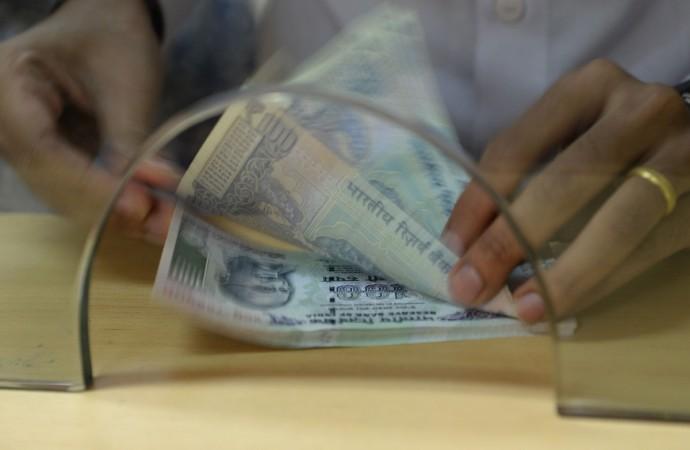
If you have deposited Rs 15 lakh or more during the demonetisation period, then there are chances that you could be in trouble. The Income Tax department has issued notices to 1.98 lakh people who deposited over Rs 15 lakh in banks in November 2016, just after the government scrapped the high denomination currencies of Rs 500 and Rs 1000.
Attention bitcoin traders! The taxman is after you
"More than Rs 15 lakh were deposited in accounts of certain individuals, for which no returns were filed. We have identified around 1.98 lakh such accounts and sent notices to the account holders in the months of December and January. However, we have not received any response on the same. It is to be noted that failing to reply to these notices can lead to penalising by the IT department," Central Board of Direct Taxes (CBDT) chairman Sushil Chandra was quoted as saying by ANI.
Notices sent to those who deposited more than Rs 15 lakh in banks during demonetisation but didn't file return.Sent around 1,98,000 notices during Dec- Jan.Pursuing that everybody should file return who deposited more than Rs 15 lakh during demonetisation: S Chandra Chairman CBDT pic.twitter.com/w2WkA0UKTY
— ANI (@ANI) February 3, 2018
Around 3,000 prosecution cases have been filed in the last three months across different areas, including tax evasion, delayed tax filing, abetment, and so on, Sushil Chandra added.
"This year, we introduced e-assessment on a trial basis. Nearly 60,000 e-assessments were done in three months. We expect this number to increase in the coming months," he further stated.
On 8 November 2016, Prime Minister Narendra Modi announced demonetisation of Rs 500 and Rs 1000 currency notes. As a result of the demonetisation drive, the citizens faced a cash crunch. The government then issued new banknotes of Rs 500, and Rs 2000 to mitigate the crisis.















